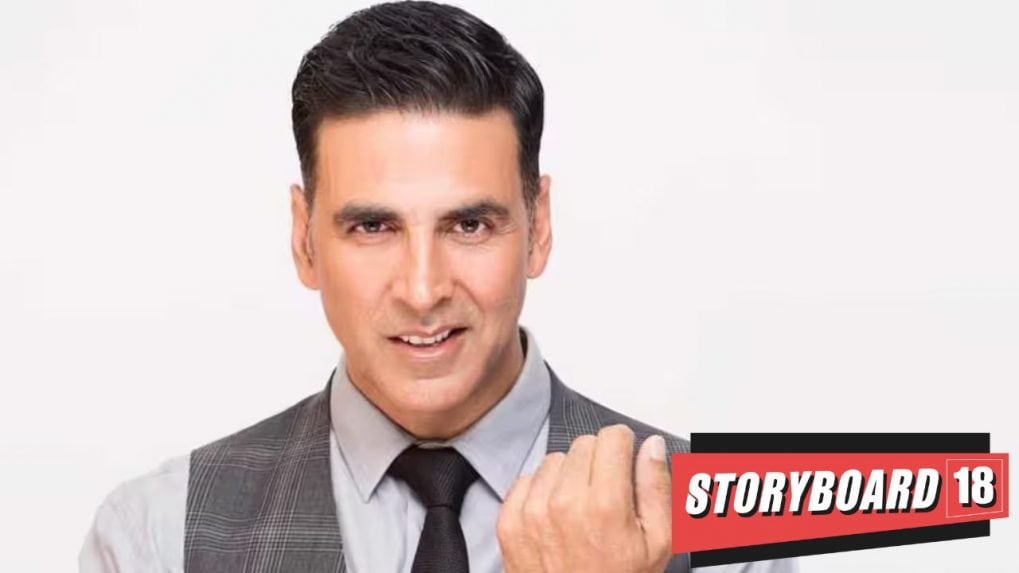Bombay HC upholds Akshay Kumar’s personality rights, orders takedown of AI deepfakes
The Bombay High Court granted Akshay Kumar interim protection over his personality rights, restraining AI creators, platforms, and e-commerce sites from using his name, image, or voice without consent after deepfakes depicting him as Valmiki and Yogi Adityanath went viral.
ADVERTISEMENT
The Bombay High Court has granted actor Akshay Kumar urgent interim protection, restraining social media platforms, e-commerce websites and AI content creators from using his name, image, likeness, or voice without consent, Bar and Bench reported.
Justice Arif S. Doctor, while hearing Akshay Kumar vs John Doe, observed that the “realistic nature of deepfake images and videos” created using AI was “deeply concerning”, warning that such fabrications not only violated the actor’s personality and moral rights, but also posed a “grave threat to public order and the safety of his family.”
The Court cited examples of AI-generated deepfakes depicting Kumar as Maharishi Valmiki and Uttar Pradesh Chief Minister Yogi Adityanath, which had gone viral online and triggered public outrage and protests. One such video — “Maharshi Valmiki – Teaser Trailer | Akshay Kumar as Valmiki”, had deceptively used Kumar’s likeness, misleading audiences into believing it was authentic.
Kumar’s suit invoked Article 21 of the Constitution and the Copyright Act, 1957, asserting his right to privacy, dignity, and moral integrity. His counsel argued that such impersonations had damaged his reputation, undermined ongoing film projects, and infringed his right of publicity.
Recognising that Kumar’s name, voice, image, and mannerisms are uniquely identifiable with him, the Court ruled these as protectable elements of his persona. It consequently issued an ex-parte ad-interim injunction, directing Meta (Facebook, Instagram), X Corp, and Google to remove infringing content within a week, and to act promptly on future complaints.
Additionally, Flipkart, Etsy, and Redbubble were ordered to delete unauthorised merchandise, while domain registrars must disclose details of AI-related sites misusing Kumar’s identity.
The case, seen as a defining precedent for personality rights and AI regulation in India, will next be heard on November 12.
Read More: Akshay Kumar moves Bombay HC over deepfake, AI-generated content misusing his image
Read More: Delhi HC backs Aishwarya Rai Bachchan, rules personality rights breach erodes celebrity dignity


